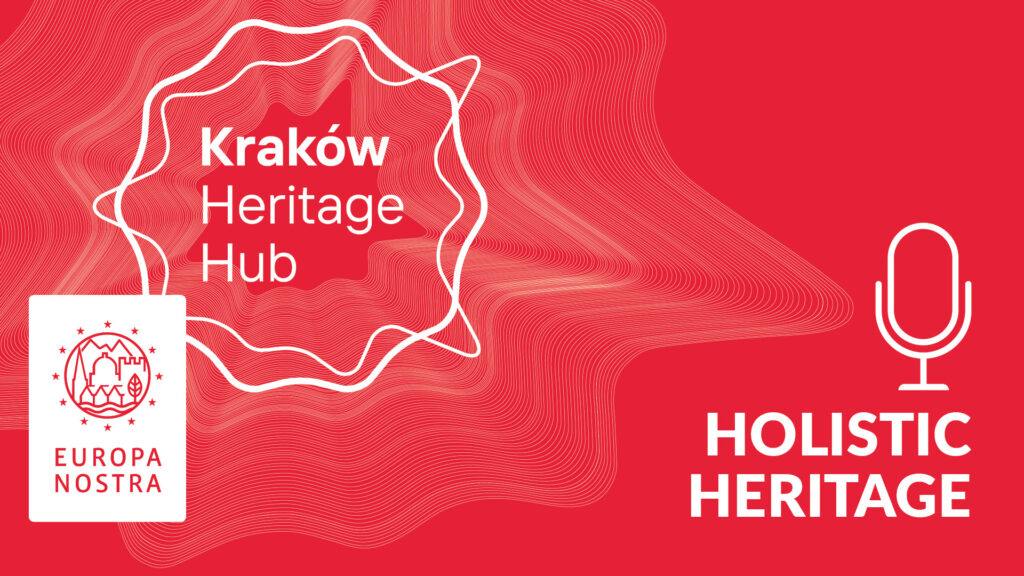We use cookies to help you navigate efficiently and perform certain functions. You will find detailed information about all cookies under each consent category below.
The cookies that are categorized as "Necessary" are stored on your browser as they are essential for enabling the basic functionalities of the site. ...
Necessary cookies are required to enable the basic features of this site, such as providing secure log-in or adjusting your consent preferences. These cookies do not store any personally identifiable data.
Functional cookies help perform certain functionalities like sharing the content of the website on social media platforms, collecting feedback, and other third-party features.
Analytical cookies are used to understand how visitors interact with the website. These cookies help provide information on metrics such as the number of visitors, bounce rate, traffic source, etc.
Performance cookies are used to understand and analyze the key performance indexes of the website which helps in delivering a better user experience for the visitors.
Advertisement cookies are used to provide visitors with customized advertisements based on the pages you visited previously and to analyze the effectiveness of the ad campaigns.
Coming up in this episode, we go up to Lithuania to find out the activities undertaken in Kaunas following the city’s remarkable success as European Capital of Culture in 2022 and its recent inscription to the UNESCO World Heritage List.
During a meeting in Kraków, head of the Heritage Hub Katarzyna Jagodzińska and John Beauchamp speak to researcher and architectural historian Vaidas Petrulis from the Kaunas University of Technology.
They talk about the specificity of Kaunas’ modernist architecture in terms of its protection and recognition, as well as its importance for the Lithuanian nation during the inter-war period when the “true” Lithuanian capital – Vilnius – was part of Poland.
The title of the UNESCO inscription is “Modernist Kaunas: Architecture of Optimism, 1919-1939”. Listen to the interview to find out more about what lies behind the inscription’s title and what this architecture means for the city today.
